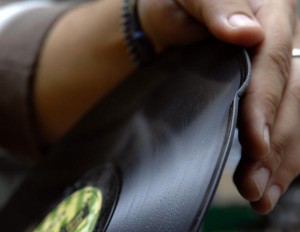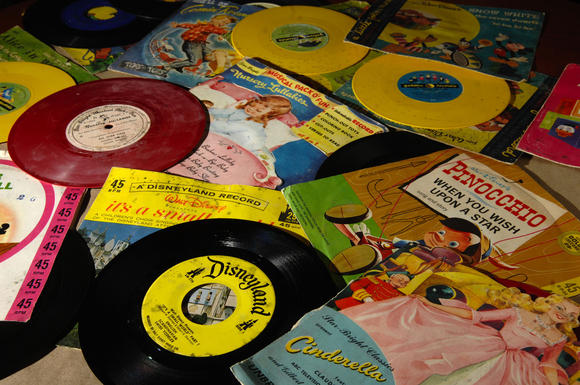FAU sound archive has free vinyl records up for grabs Jan. 6-10
By Scott Travis, Sun Sentinel

Florida Atlantic University is offering a free and legal way for music lovers to add to their collections, with no downloading required.
By Scott Travis, Sun Sentinel

Florida Atlantic University is offering a free and legal way for music lovers to add to their collections, with no downloading required.

June 30, 2013
A pile of stained, mildewed debris from Superstorm Sandy has turned into a nostalgic treasure trove for Florida Atlantic University.
Panorama Theme by ![]() Themocracy
Themocracy